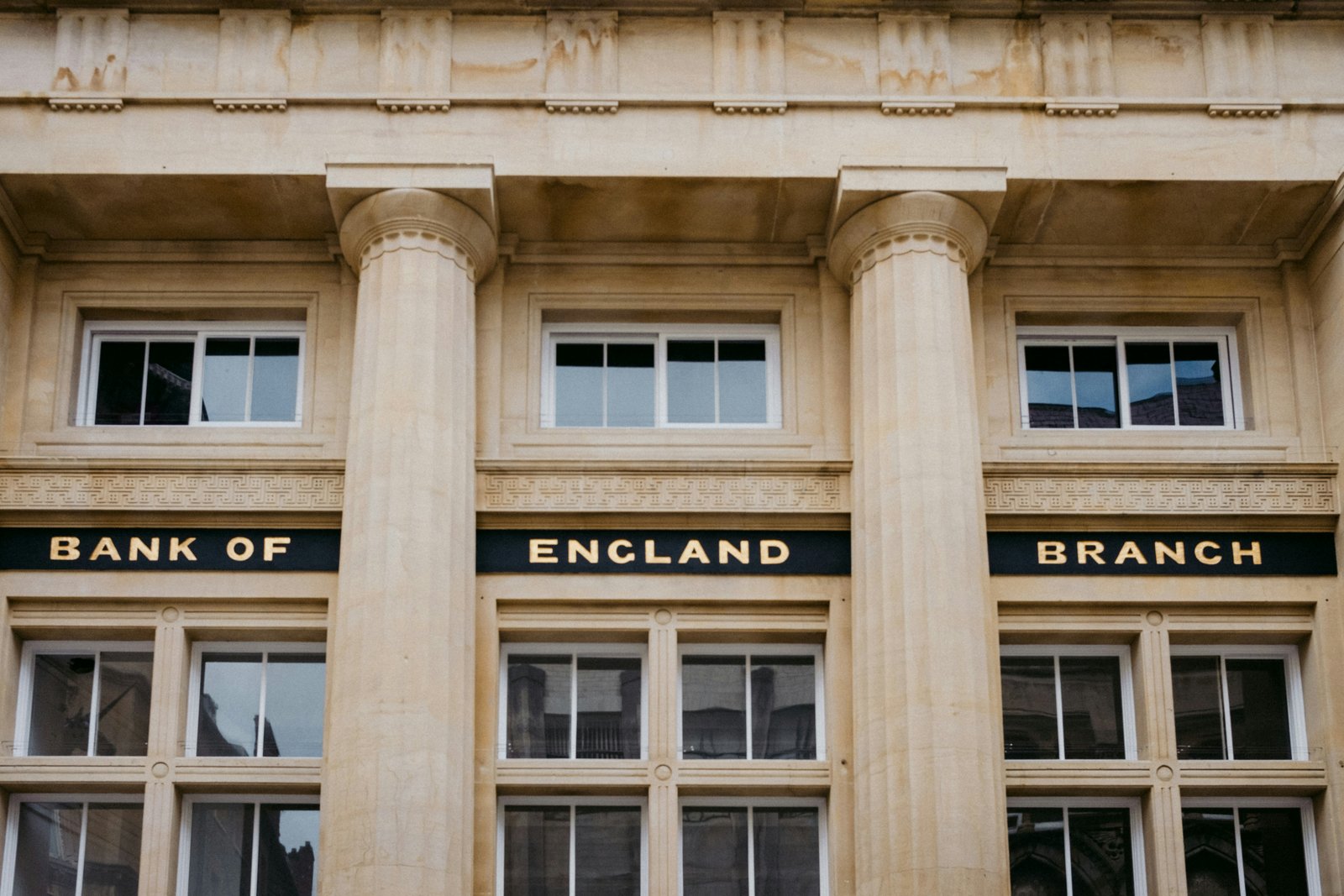
In a closely watched decision, the Bank of England has chosen to hold the base interest rate at 5.25% as it continues its battle against stubborn inflation. The move comes amid signs of easing price growth, yet lingering concerns about wage pressures and energy costs persist.
The Monetary Policy Committee (MPC) voted 6–3 to keep rates unchanged, citing a need to ensure inflation continues its downward trajectory. While consumer price inflation fell to 3.1% in May—down from a peak of over 10% in 2023—officials are wary of declaring victory too soon.
“We are seeing progress, but it’s not time to ease off the brakes,” said Governor Andrew Bailey. “Our priority remains to bring inflation back to the 2% target sustainably.”
For homeowners on variable-rate mortgages, the rate pause provides a temporary reprieve from further payment hikes. However, many are still feeling the pressure of previous increases, with average monthly mortgage payments now nearly £300 higher than in early 2022.
Personal loan and credit card borrowers are also affected, with high rates continuing to weigh on consumer spending—particularly among lower-income households.
The pound saw modest movement following the announcement, while FTSE 100 stocks remained steady. Financial markets are now betting on a potential rate cut in the final quarter of 2025, depending on further inflation data.
“This is a holding pattern, not a pivot,” said Samuel Raine of London Capital. “Markets want clarity, but the Bank is signalling that it’s not done fighting inflation just yet.”
The UK economy has narrowly avoided recession so far in 2025, but growth remains sluggish. Rising wage settlements and persistent energy costs are keeping inflation expectations elevated.
The Bank of England forecasts GDP growth of just 0.6% this year, underscoring the delicate balance between controlling inflation and avoiding economic stagnation.
Subscribe to UK most trusted independent news source. Get smart insights, expert takes, and critical updates — straight to your inbox.
Subscribe Now HotNo ads. No bias. Cancel anytime.
All eyes will now turn to the next inflation report due in July, and wage growth figures that could determine whether the MPC moves toward easing or holds firm again.
"This is a period of watchful waiting," said Governor Bailey. "We’re prepared to do more if inflation proves sticky."
For now, borrowers and businesses must continue navigating a high-interest environment, with no immediate relief in sight — though the horizon may finally be starting to shift.